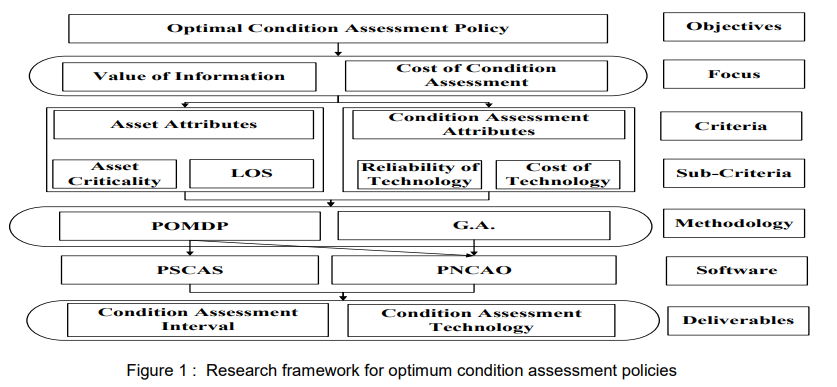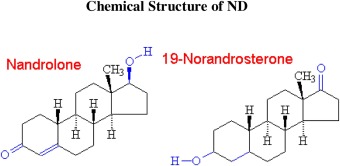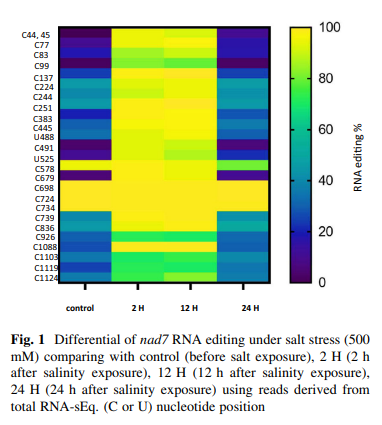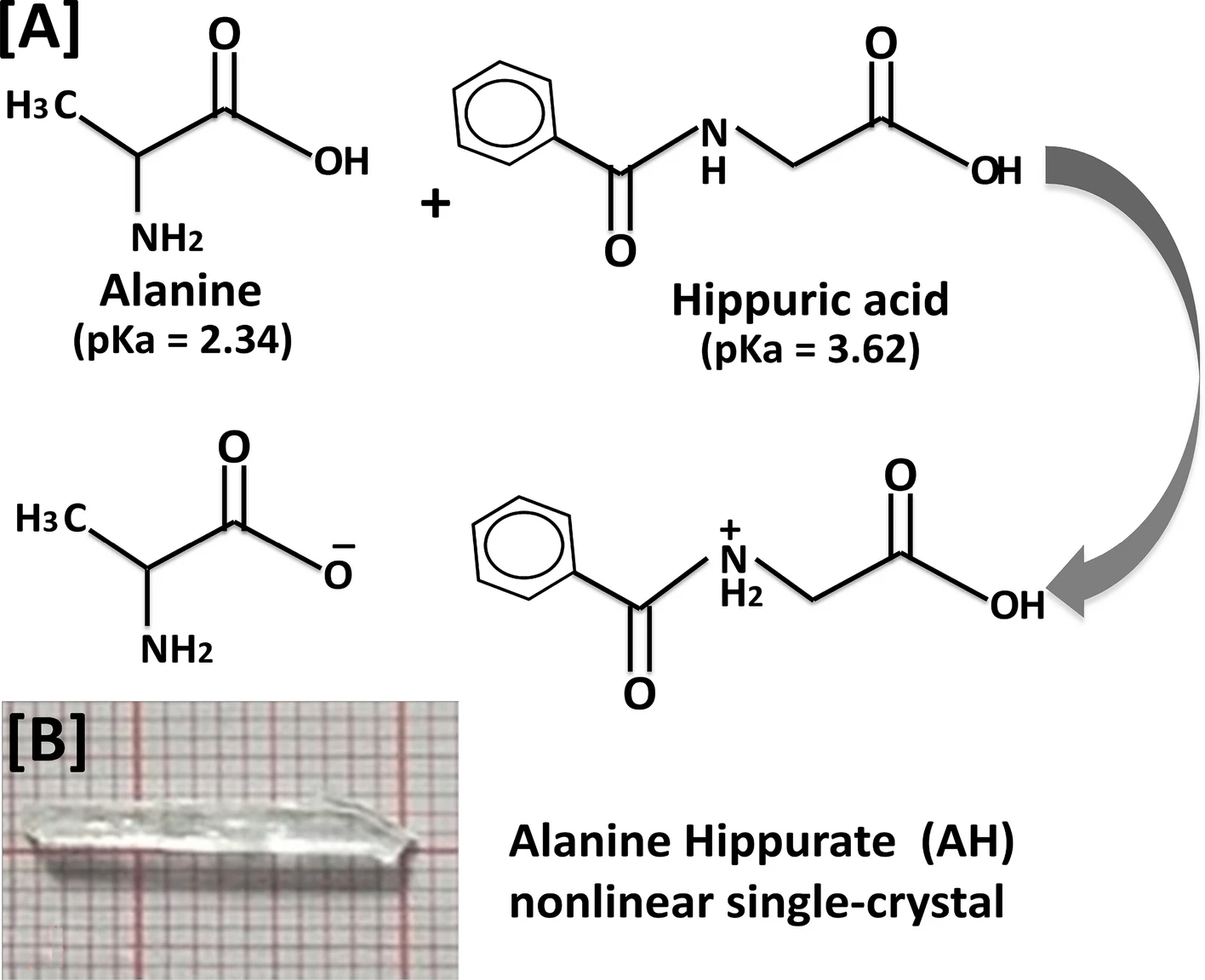
Optimizing budget allocation for condition assessment of water and sewer infrastructures
Much research has focused on the development of optimal strategies for rehabilitation and replacement of water and sewer infrastructures. Condition assessment is an integral component in any asset management program for assessing the asset physical condition. Determining the condition of buried infrastructure tends to be cumbersome, costly and error-prone. As such, decision makers must balance the value of obtained information through condition assessments with the cost of obtaining this information. Such decisions must balance between conflicting needs and need to consider the sought level of service (LOS), asset criticality and the cost of conducting the assessment. This paper presents a decision support system utilizing Partially Observable Markov Decision Process (POMDP) to compare between the reliability and cost of the condition assessment technology. For the DSS, two models were developed to find the optimum policy at asset level and network level. At asset level, the developed model examines and selects the suitable inspection reliability to minimize the impact on failure and recued LOS costs. At network level, the model utilizes a genetic algorithm to find near optimum policy on non-stationary bases with budget constraints. The DSS and G.A. model are implemented on VBA code running in Excel environment and linked to GIS. The system is demonstrated on the City of Hamilton, Canada, water and sewer networks.



